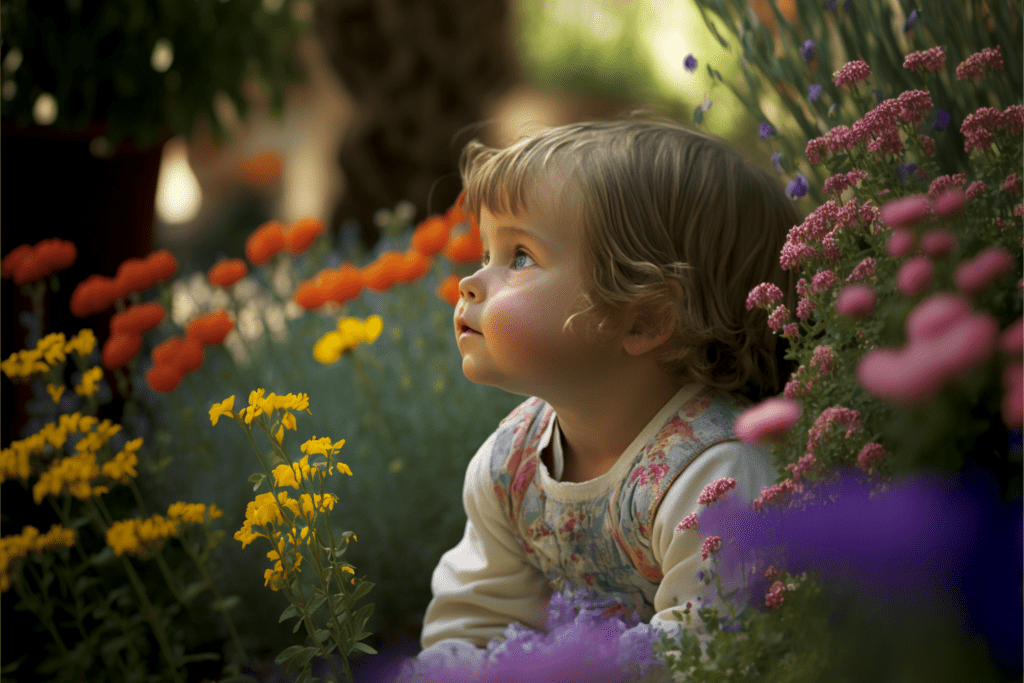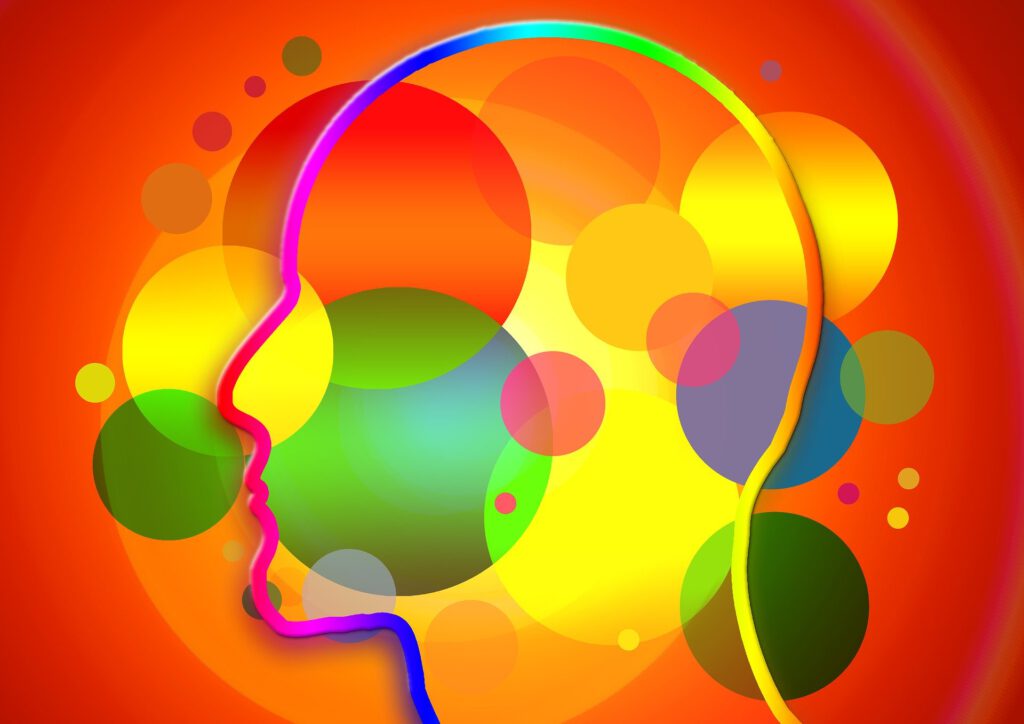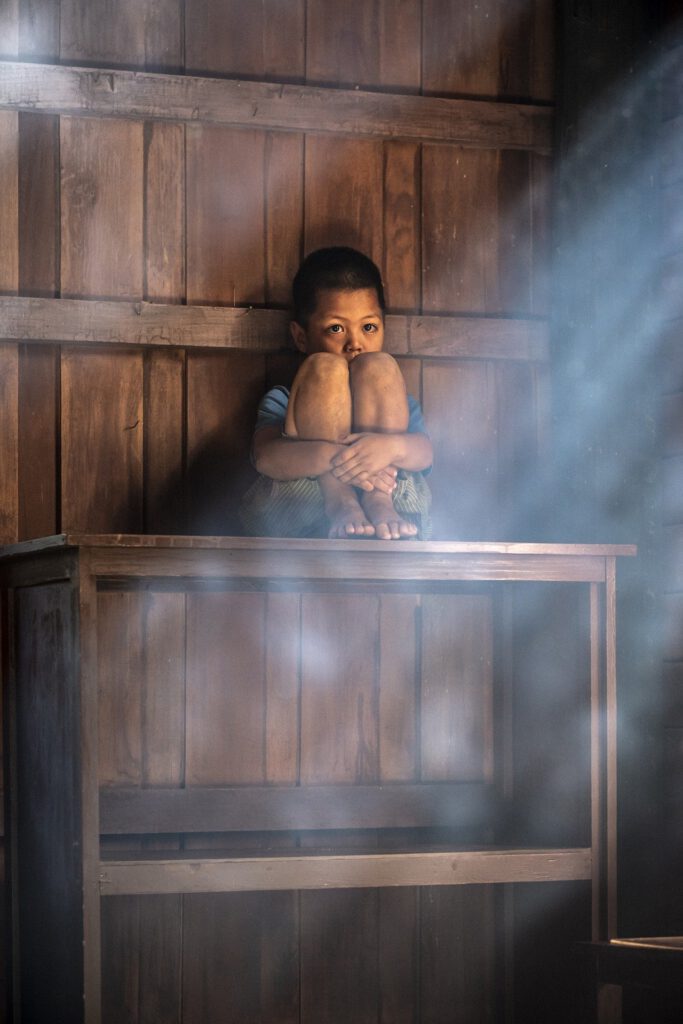Toxic relationships: break free! Recognizing and Overcoming the Power of Unhealthy Patterns
Dear readers, There hasn’t been a new entry in this wiki blog for a while. Now I am thrilled to announce my new book, “Breaking Free from Toxic Relationships: Recognizing and Overcoming the Power of Unhealthy Patterns.” This book tackles the important topic of toxic relationships, which many of us have experienced at some point […]





